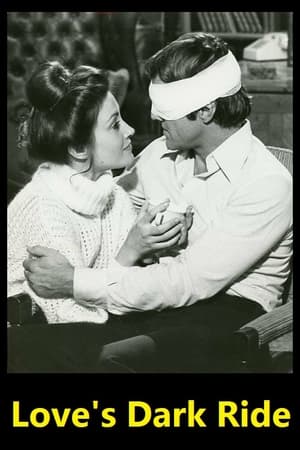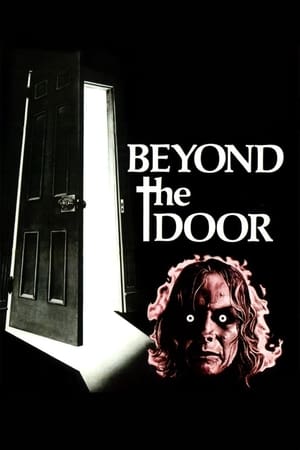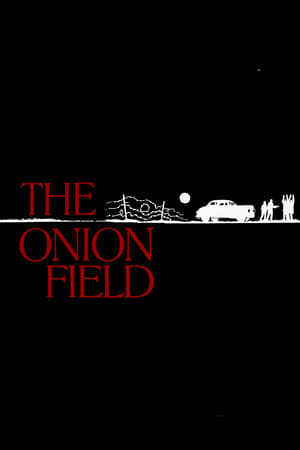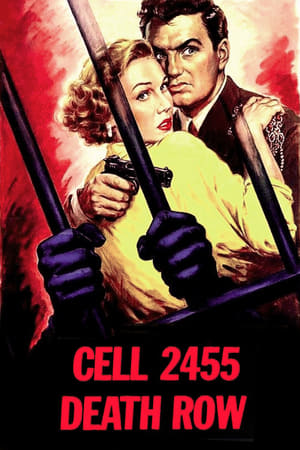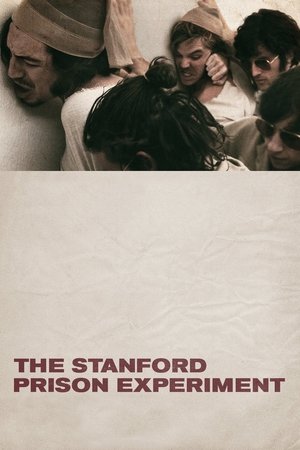Overview
When a younger girl called Emily Rose dies, everyone puts blame on the exorcism which was performed on her by Father Moore prior to her death. The priest is arrested on suspicion of murder. The trial begins with lawyer Erin Bruner representing Moore, but it is not going to be easy, as no one wants to believe what Father Moore says is true.
Reviews
During the trial for his events, a lawyer tries to help her client, a priest, seek the truth about what happened to the young woman who died under his care while performing an exorcism to cure her of a demonic possession and eventually lets the truth about it be known.
This wasn't anywhere as bad as it could've been. The film is really split into two halves here with this one being basically helped greatly by its really good possession and shock scenes. The opening scene that sets her up to becoming possessed is one of it's best sequences, as the long hallway and the unearthly voices floating around give it an unearthly feel while the first scene in the classroom where she sees a demonic face appearing in the window through a cloud of mist and turns around to see a student's face turn into a distorted demon's face giving off an unearthly roar makes it quite shocking. Running out into the rain and seeing more demonic faces give off the same unearthly roar is a bit clichéd, but it still helps to sell the mood while the finale in the church giving this a quite creepy conclusion. The different manners of how she’s become afflicted are quite memorable moments with the frenzied bug-eating, speaking in tongues or just contorting her body into such impossible positions that it really becomes obvious something is wrong with her, and the long, suspenseful and chilling exorcism is the film's selling point, coming off with any number of creepy ideas and scenes in such a drawn-out style is one of the best scenes in the film. Otherwise, beyond the shocks and the exorcism, there isn't much else to like about it. Therefore, everything else in it doesn't really work which is only relegated to the courtroom battle drama. It's marketed as being a supernatural possession film, and the best moments come from those scenes, but the fact that the majority of the film is a courtroom battle with the supernatural elements coming in the form of flashbacks is a real misstep and is likely to confuse those coming in expecting the other kind of film. It's not that they're boring or anything, it's just that it's out of nowhere that it becomes that way, and it can be a disappointment. The fact that these are slow and really long don't help matters, extending this out far longer than it should. This could've easily been an hour and a half, or maybe a little longer, but the two hours running time forces it to keep the courtroom antics going for no reason other than to extend the running time. A few extraneous scenes could've been snipped as well, including the introductory scenes at the bar that repeat information we already know and also keep the running time going, and most of the time simply elicit a feeling of wanting to move along and get to the good scenes. These really harm the film.
Rated PG-13: Language, Mild Violence and intense demonic and spiritual themes.
**_Scares the hell out of ya_**
This was based on the actual story of a German girl who died while being exorcised in the late 1970s. The priest was then put on trial for neglectful homicide. Google it for details.
Erin Bruner (Laura Linney) plays an agnostic who defends the priest (Tom Wilkinson) while the prosecutor (Campbell Scott) is a believer. This creates some problems: How can an unbeliever defend a believer who performs a service that apparently kills the young woman? How can a believer come against another believer who was simply trying to deliver the girl from spiritual malevolence?
The prosecutor makes the case that the woman was ill with various mental disorders and that the exorcism was just a bunch of superstitious mumbo jumbo. By contrast, Erin Bruner argues that these illnesses were the RESULT OF possession -- that the girl's possession brought on the symptoms. This makes sense in light of the scriptural evidence of Jesus Christ delivering people from evil spirits who induced insanity, muteness and deafness.
Another important argument of the defense is that a potent drug that Emily was prescribed trapped her in a mode that was resistant to the exorcism.
The fascinating story provokes many questions. We need to take an honest look at our mental health practices and institutions. Although there are some genuinely good people working in this field who care about the patients, it seems that the best we can do is drug people and make them, more or less, numbed-up living zombies or even mindless vegetables. Unfortunately this is how they're damned to live the rest of their lives, subservient and dependent on the mental health establishment (that actually needs them to stay ill in order to exist).
Such people don't need more drugs and "therapy." What they need is delivered. They need delivered from evil spiritual powers that have possessed them. They need FREED. Don't mistake me here, I'm not against mental health people or facilities because I realize they're just doing what they know to do. It's just not working. Again, the mentally ill need delivered not force-fed more drugs and essentially locked-up for the rest of their lives. That's not life, it's living death!
Of course, releasing a horde of religious wackos into our mental institutions isn't the answer. Yet, what if some believers who walked in the boldness and authority of Jesus Christ were available, people who show documented evidence of DELIVERING the mentally ill? The New Testament relays case after case of Jesus Christ exorcising demons from hundreds of people, maybe thousands. He didn't numb 'em up and sentence them to a life of living death. Rather he came to set the prisoners free from darkness, heal the sick and heal the brokenhearted! If there are people out there who walk in this same anointing of power and freedom, shouldn't we allow them to minister to our mentally ill?
Unfortunately a large percentage of the church is very weak in regards to spiritual deliverance. Except for offering eternal salvation, which is wonderful, their gospel is powerless and next to worthless. Yet this wasn't the way of the early Church. Paul, Peter and others offered total deliverance. Thankfully, there are still a remnant of these types of believers and these are the ones who can help our mentally ill, as long as the oppressed WANT freedom, healing and deliverance (since some WANT to stay dependent and "cared for").
I'm only raising such moral/theological/philosophical questions because the film provokes it. So please don't be irked at me for getting all heavy and theological.
Despite the numerous courtroom scenes (which I'm not a fan of) there are certainly enough horrifying elements in "The Exorcism of Emily Rose" to please most horror fans, just don't expect Freddy or Jason shenanigans.
Interestingly, while it's horrifying "The Exorcism of Emily Rose" is also somehow warm and faith-affirming, even sometimes beautiful.
My only criticism is a theological theory introduced late in the movie. This theory is incredible wrong. I won't elaborate except to say that God would never allow the option of Emily's possession as a supposed testimony to the world of the existence of dark spiritual powers, rather the God's purpose is always to deliver such people, which not only testifies to the existence of the malevolent powers but, more importantly, sets the person FREE and gives glory to the Almighty.
The film runs 119 (the unrated version 122 minutes) and was shot in Vancouver, BC.
GRADE: A

 122 min
122 min
 6.605
6.605
 2005
2005
 USA
USA
 slayrrr666 wrote:
slayrrr666 wrote:

